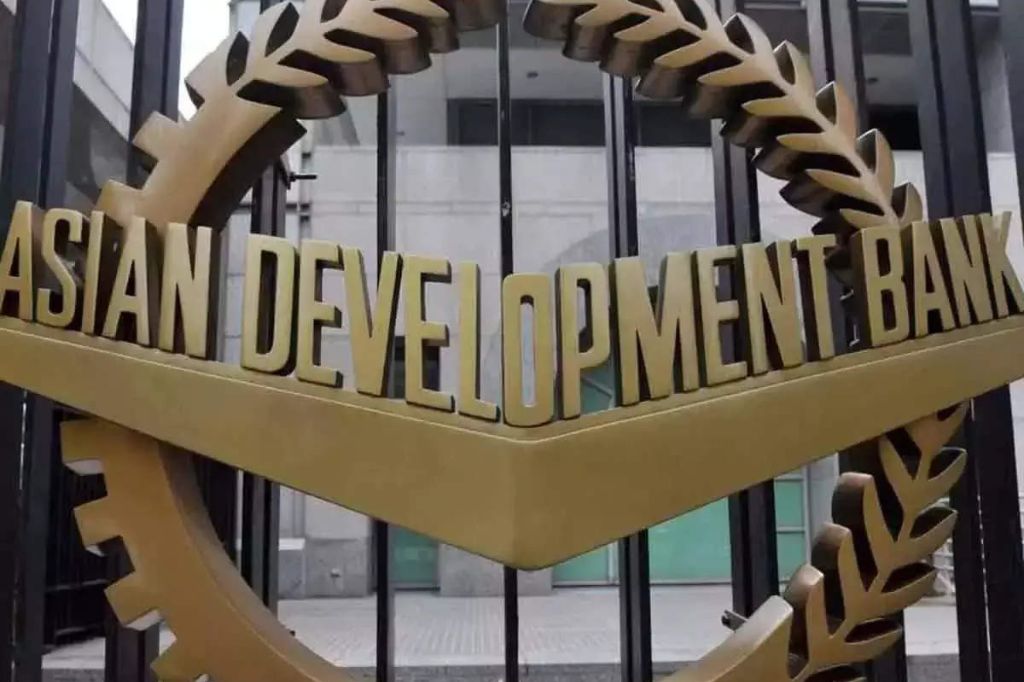Today’s Asian Development Bank’s (ADB) revised inflation outlook paints an optimistic picture for the diverse economies of developing Asia. The initial cloud of economic strain seems to be clearing with diminishing food and fuel prices, subsiding supply chain disruptions, and the impact of interest rate hikes starting to be felt.
As the squeeze on household budgets loosens, the Philippines-based lender reports the dwindling inflation rate is nearing the pre-Covid era. The ADB has lowered its inflation forecast for the current year to 3.6% as compared to the April estimate of 4.2%. A significant reason behind this adjustment is the remarkable deceleration of prices in China, according to the Bank’s main report.
The scope of “Developing Asia,” as defined by the ADB, encompasses 46 budding member economies, reaching from the far-flung shores of the Pacific’s Cook Islands to the robust heartland of Central Asia in Kazakhstan.
Simultaneously, ADB upholds its economic growth forecast of 4.8% for 2023. They attribute this to sturdy consumption, the revival of travel, and investment surges, notwithstanding the weakening global demand for regional exports.
Also read: The Ascending Power of Malaysia’s Passport: An Unforeseen Global Contender
The Bank also hinted at the potential for further gains in its forecast. If advanced economies manage to subdue inflation faster than currently expected, it could prompt them to adopt a more lenient monetary policy, which would bolster growth in the region.
However, the ADB does not dismiss the potential pitfalls. It cautions about the potential repercussions of Russia’s ongoing invasion of Ukraine that could ignite price hikes. The resurfacing of the El Nino weather phenomenon this year might also pose economic challenges.
Interest rates are also experiencing a shift, with most central banks in the region maintaining steady policy rates this year due to lower inflation in developing Asia and moderate monetary tightening in the United States.
Finally, the Bank expects China, as the world’s second-largest economy, to sustain its growth at five per cent this year and 4.5 per cent in 2024, thanks to its favourable monetary and fiscal policies.
(Source: Malay Mail)

















